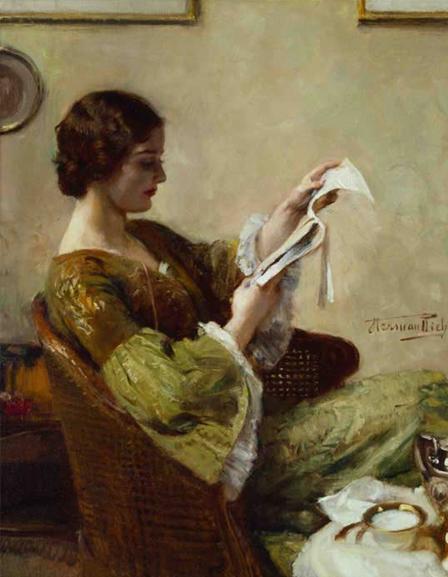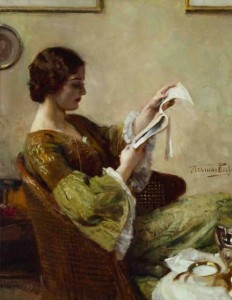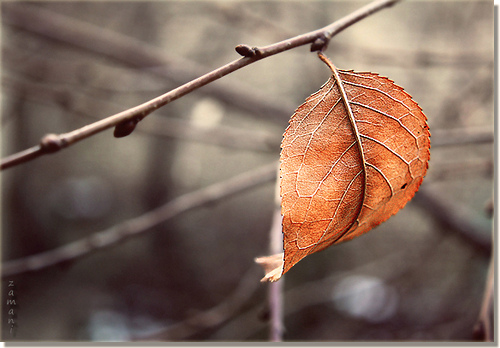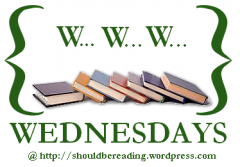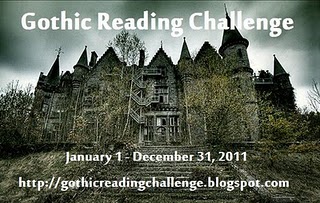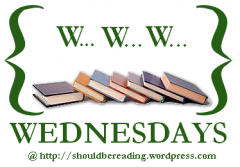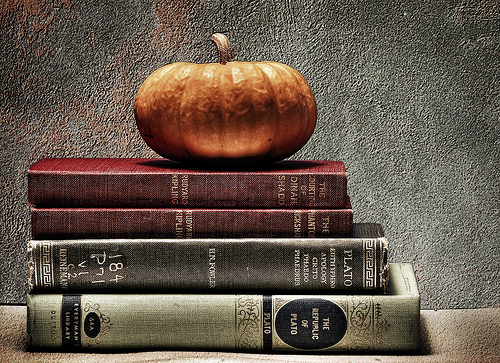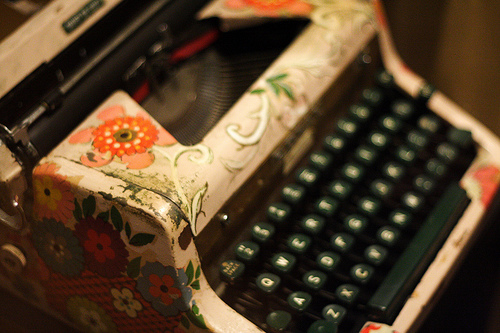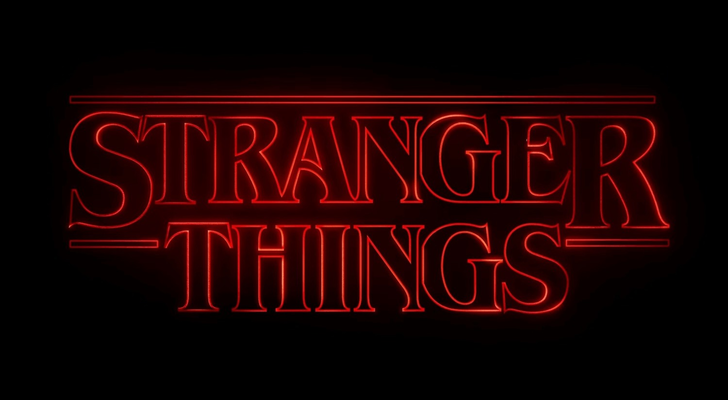
I think I was about a week later than just about everyone else in starting Stranger Things. I finished it today after not having a lot of time to watch Netflix over the last week or so. There is a lot to like in this series, and if you were an 80’s kid like me, you definitely need to watch it. There are, of course, ubiquitous (and finely parsed—Google search it) nods to 1980’s books, movies, music, and pop culture all throughout. I was actually shocked to learn the Duffer Brothers, creators of the series, were born in the 1980’s instead of teenagers because they really captured the era. Who didn’t know boys like Mike, Dustin, Lucas, and Will? I went to middle school with those guys, I swear it. Actually, it’s set in 1983, which is exactly when I would have been their age.
I understand this series was rejected by anywhere from 15 to 20 networks, all of which are probably kicking themselves hard right now. I don’t know anyone who isn’t buzzing about this series. Well, anyone my age, anyway. Some of my favorite things:
- All the “see if you catch them” references. I love that the title card looks like a 1980’s Stephen King novel. That’s only one among many a Stephen King reference. Lots of nods to IT, Firestarter, and The Body (aka Stand By Me). Actually, I think that the actress who plays Eleven, Millie Bobby Brown, looks like she could be Wil Wheaton’s kid. He played Gordie LaChance in Stand By Me if you forgot or haven’t seen it (you should really see it if you haven’t—it’s probably one of the better Stephen King adaptations).
- The child actors. They’re actually really great. All of them.
- Winona Ryder as a mom character. I know she was Spock’s mom in the Star Trek reboot, but you know what I mean. We first really met her in the late 1980’s when she was a teenage actress. It seems appropriate that she’s the mom.
- The kids’ amazing science teacher. He’s geeky, but man, with all the complaining folks do about education and teachers today, it was refreshing to see such a recognizable, honest, and positive portrayal of a teacher. He actually reminded me a bit of my middle school science teachers.
- Barb. Because if you grew up in the 80’s you either were someone like Barb or knew a Barb. She is perfect. For the record, I my personality as a teenager resembled hers, but I didn’t have her compelling glasses and mom-jeans look.
- The storytelling. It’s paced well, and for some crazy Stephen King/Steven Spielberg (think E. T.) type stuff, the characters sell it all and make it completely believable.
I actually think my husband’s description of the binge-worthy nature of this series is the best one I’ve seen.
Tfw you're near the end of Stranger Things & just lighting ends of episodes on each other.
— HUFF (@SteveHuff) August 7, 2016
We didn’t get our stuff together to actually watch it together. I totally recommend watching it with a friend. Particularly a friend who was about your age in the 1980’s—if, you know, you are like me and grew up then. If not, find a friend who did grow up in the 80’s and watch it with that friend.
I volunteer because I kind of want to watch it again and see what I missed the first time.
Here is the trailer if you want to check it out.
